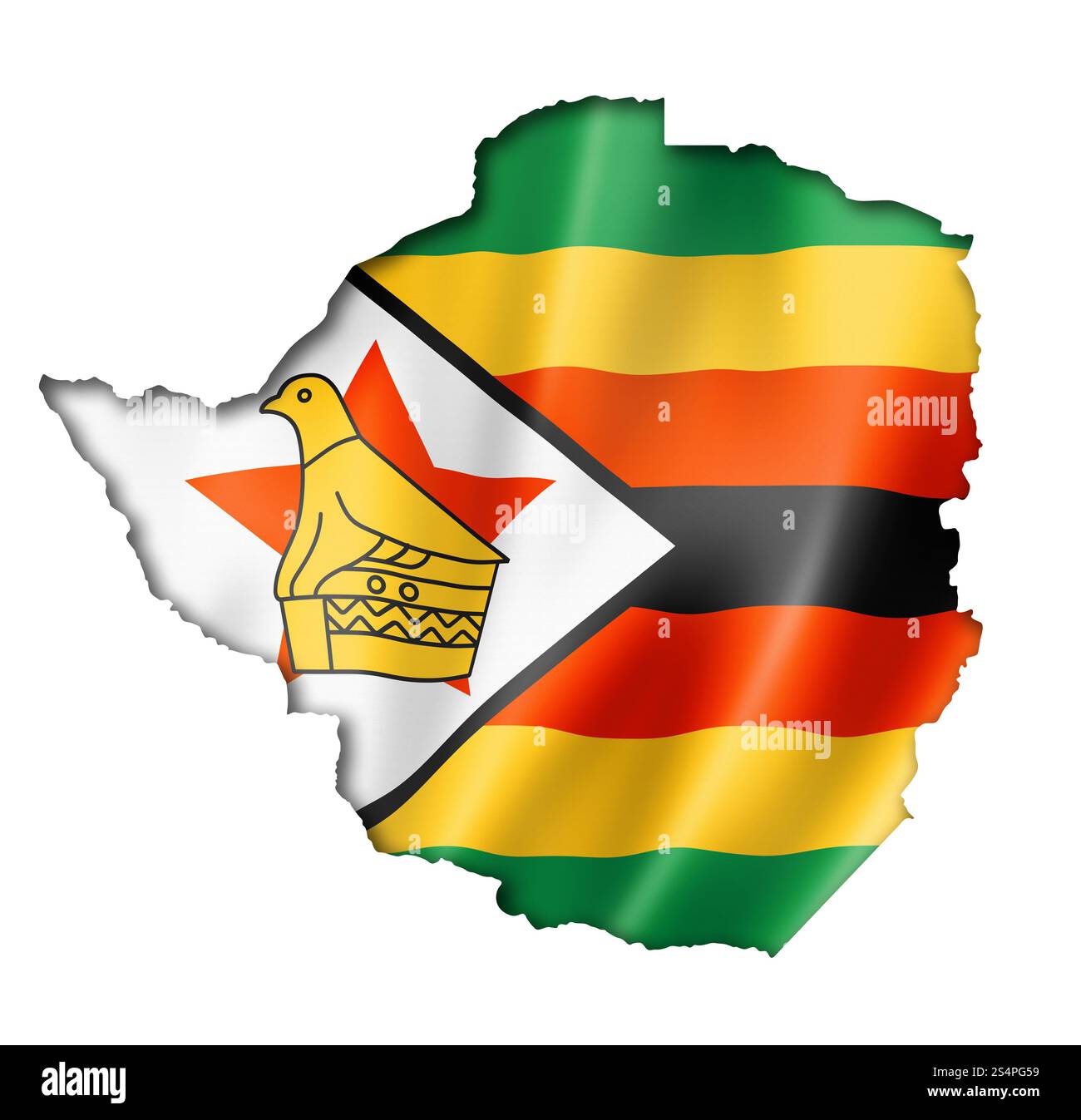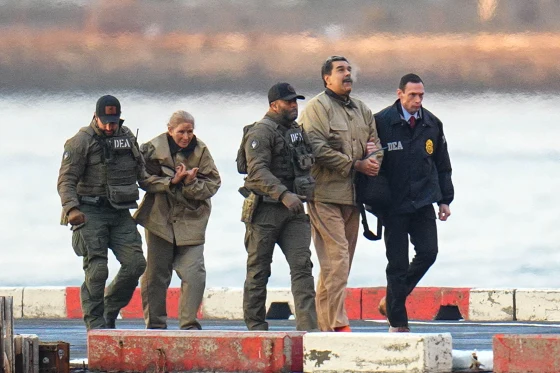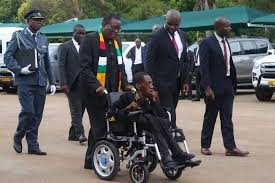By Maitengwe Correspondent | Maitengwe Post | November 2025
For nearly two centuries, the land once called Dzimba dzaMabwe has known little rest. Many now whisper the forbidden question: Is Zimbabwe cursed?
Or are we, perhaps, just living through a modern echo of the Biblical Israelites, wandering endlessly in our own desert of suffering before reaching a Canaan that never comes?
Le us start before before borders were drawn and flags unfurled, the lands of Munhumutapa and Mzilikazi’s Ndebele Kingdom stood tall, proud civilizations of trade, order, and dignity. Then came the man with the hat and the forked tongue, Cecil John Rhodes, armed with contracts written in deceit and soaked in greed.
The infamous Rudd Concession of 1888 was the devil’s handshake, luring our ancestors into surrendering their wealth, their land, and eventually their sovereignty. By 1896, the flames of resistance roared in the Umvukela wamaNdebele and the First Chimurenga.
It was a war of spirit, brave men and women who dared defy the imperial beast.
But their fight was short-lived. After the Matopos Declaration, the kings surrendered, tricked yet again. What followed was not peace, but nearly 60 years of servitude, humiliation, and pain under colonial rule.
By the mid-1900s, even the settlers were uneasy in their own stolen paradise. When Ian Smith declared the Unilateral Declaration of Independence (UDI) in 1965, Rhodesia entered its own political torment , international sanctions, isolation, and a growing guerrilla war.
The bush war raged until 1980, when Robert Gabriel Mugabe declared victory and the world called it independence. The flag was raised, but true freedom, that elusive spirit , remained buried somewhere beneath the red soil.
Barely two years after independence, Zimbabwe’s new dawn turned into a dark eclipse.
The Gukurahundi Massacres (1983–1987) stained the nation’s conscience, as government troops unleashed terror upon the Ndebele population in Matabeleland and Midlands. Over 20,000 people were reportedly killed, a scar that still bleeds beneath forced silence.
As if the heavens themselves joined in the punishment, the 1992 drought swept across the land crops failed, livestock perished, and hunger gnawed at the poor.
Then came the Economic Structural Adjustment Programme (ESAP), a Western “remedy” that cut deep into the nation’s fragile heart, job losses, inflation, and despair.
By 1997, the government tried to buy loyalty, handing out $50,000 payouts to war veterans an unbudgeted act that collapsed the Zimbabwean dollar overnight. Black Friday, they called in the day the economy began its long descent into the abyss.
In 2000, the government launched the Land Reform Programme, dubbed the “Third Chimurenga.” While the idea of returning land to the dispossessed was noble, the execution was chaotic and violent. Farms burned, lives were lost, and the economy disintegrated.
Sanctions followed , ZIDERA from the U.S., and travel bans from Europe. Inflation spiraled into infinity; by 2008, a loaf of bread cost billions in Zimbabwean dollars. The nation’s currency died and never recovered.
The elections of 2008 brought rivers of blood. Opposition supporters were beaten, tortured, and killed as the regime clung to power. Eventually, a Government of National Unity was forced into place between Mugabe and Tsvangirai, briefly calming the storm.
From 2009 to 2013, Zimbabwe breathed, just a little. The U.S. dollar (perhaps our most undoing) was introduced, shelves filled up again, and hope flickered. But as always, the peace was temporary.
In November 2017, the tanks rolled in ,Operation Restore Legacy.
The old lion, Robert Mugabe, was finally dethroned after 37 years. The nation danced in the streets, believing the curse had been broken.
But the music didn’t last.
His successor, Emmerson Mnangagwa, promised reform, investment, and constitutionalism. Yet, years later, the song remains the same, inflation, corruption, political violence, and whispers of constitutional amendment to extend his stay in power.
Zimbabwe is a nation that never truly rests. No sooner is one election over than the next campaign begins. Fear and fatigue have become a way of life. The promise of democracy is repeatedly sacrificed at the altar of power.
Even nature seems to have lost patience, droughts, cyclones, pandemics, and hunger stalk the land year after year.
Is it coincidence? Or something deeper, a spiritual wound inherited from generations of betrayal, bloodshed, and broken promises?
Perhaps the curse is not from God, but from ourselves, from greed, tribalism, deceit, and a refusal to learn from history.
Like the Israelites of old, Zimbabwe may still be wandering its own wilderness ,waiting for a generation pure enough to enter its promised land.
But until that day, the question will haunt every child born under this flag:
Is Zimbabwe cursed — or simply not yet healed?
Opinion and Analysis
More than 135 years in the Wilderness: Is Zimbabwe Cursed?




